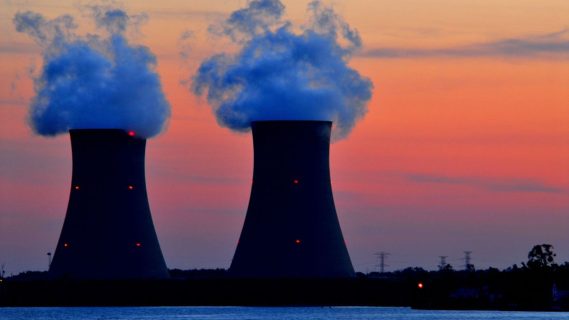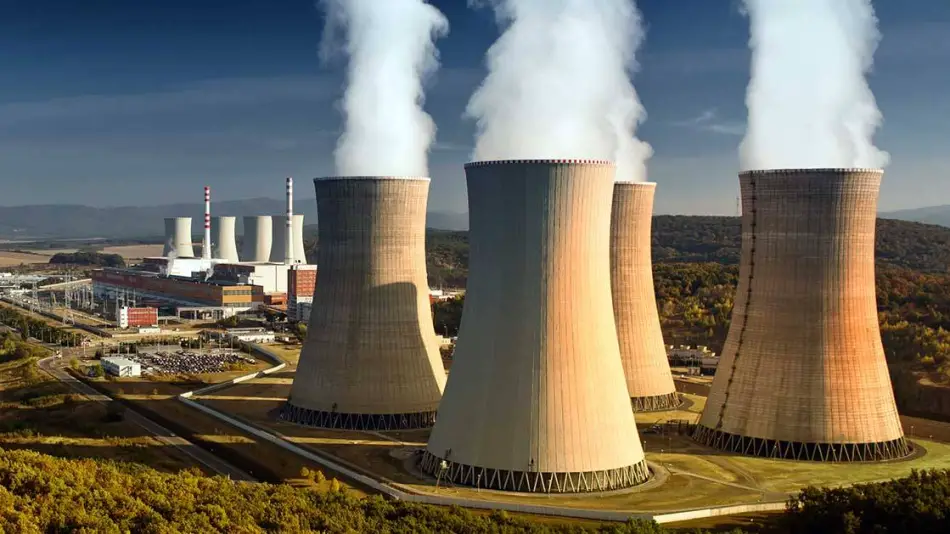Kenya is expected to host the US-Africa Nuclear Summit as it sets sights on implementing the construction of its nuclear power plant. The summit, the second nuclear forum between the United States and African countries, acts as an opportune moment for the nation. The forum prepares the country as it gears up to join the league of nations generating part of their electricity from nuclear power. The forum will attract top officials from the US nuclear energy sector to offer more insights on the technology. It will also offer options for pursuing possible engagement agreements as more African countries seek to harness power generation from nuclear plants. Kenya has already enacted plans on where to set up its power plant, selecting Kilifi as the ideal location. The country has selected the coastal region as the preferred host of the maiden nuclear power plant, with the alternative being the neighboring Kwale.
The Significance of the US-Africa Nuclear Summit in Kenya’s Construction of its Nuclear Power Plant
The US-Africa Nuclear Summit presents an opportune moment for Kenya to benefit and leverage. “Kenya will use this forum to make a big pronouncement on what we want to do with the nuclear power program,” noted Justus Wabuyabo, the Chief Executive Officer of Nupea. The Nuclear Power and Energy Agency (Nupea) is currently engaging residents of Kilifi County to create awareness to pave the way for the construction of a power plant in the county. South Africa is the only African country currently generating electricity from a nuclear power plant. Furthermore, Egypt is also setting up plants with a capacity of 4,400 megawatts of energy. Kenya and Ghana are racing to build nuclear power plants. Kenya has set an ambitious target of commencing the construction of a nuclear power plant in 2027 and commissioning it by 2034.
Also read:
The Challenges Facing the Construction of Kenya’s First Nuclear Power Plant
One of the many aspects that Kenya seeks to leverage during the US-Africa Nuclear Summit is how to mitigate current challenges. The country has faced numerous hurdles and setbacks that act as detrimental to constructing its first nuclear plant. Challenges such as awareness and acceptance of the project by Kenyans in Kilifi have proven detrimental. Recently, there were riots from the residents in the area as they sought to deter the facility from breaking ground.
Furthermore, funding is also proving to be a major challenge, with the budget cost of construction set at $4 billion. The summit offers the United States a chance to deepen involvement in African countries keen to set up nuclear power plants. The United States has set itself as a leader in harnessing nuclear technology as it has facilitated numerous regions, such as Saudi Arabia realize their nuclear potential. Furthermore, about 18 percent of the electricity used in the US is generated from nuclear power plants. This makes it one of the leading users of the technology to run the economy.
The State of Affairs Regarding the Summit
Kenya anticipates the US-Africa Nuclear Summit as it seeks to understand and harness nuclear energy. The government has shown dedication to integrating green energy in the country, an aspect that has received accolades from the international community. Some key speakers include Andrew Worral, the director of Nuclear Energy Programs at the Oak Ridge National Laboratory. Also in attendance, DeLeah Lockridge, the Group leader for the Nuclear Operations and Licensing at the firm will be at the forum. Oak Ridge National Laboratory is an agency in the US Department of Energy Science and Energy Laboratory. It is tasked with, among others, undertaking research and giving policy insights on nuclear energy.
Also read:
